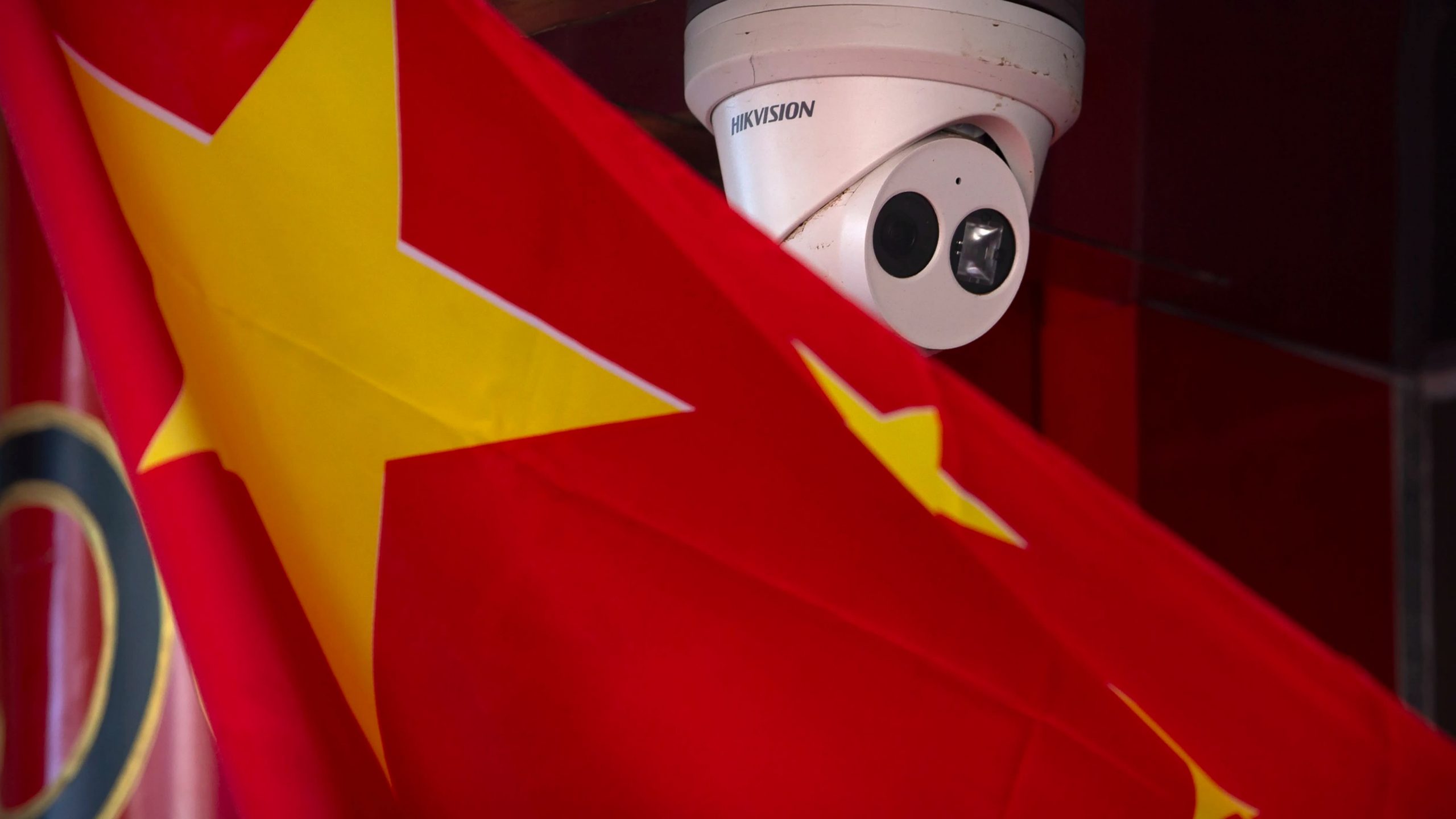‘You Are Not Welcome: An Analysis of Thousands Foreign Technology Companies Blocked by China Since 1996‘ is a new Strand Consult’s research and reports about cybersecurity and China
According to founder and lead consultant, John Strand, media coverage tends to focus on discrete activities by the US and European nations to restrict individual firms like Huawei and TikTok for documented violations and abuses of privacy, security, weapons proliferation, and other laws. Less attention is paid to the systematic restriction of tens of thousands of websites and related internet technologies by the People’s Republic of China (PRC).
The PRC restricts these technologies for ideological and economic reasons. Most people take for granted that the websites and media they access everyday are not available in the PRC. These foreign technologies and their operators have been denied access to the world’s single largest online market, hundreds of millions of internet users, and a multi-trillion-dollar opportunity. Moreover, the Chinese people are denied to freedom to engage on an open internet.
Building upon censorship frameworks in traditional media which had been in place for decades in the PRC, its State Council adopted rules and regulations to control internet traffic beginning in 1996. Broad categories of information were prohibited including informed deemed to harm to national security, state secrets, or social stability, or anything deemed sexually suggestive.
Thereafter a set of requirements was imposed on internet service providers: licenses to deliver internet content, traffic distribution through official exchange points, intermediate liability, and certification that all content on their networks is legal. Subsequently, the PRC developed a set of techno-nationalist policies to promote that the hardware and software of the internet is made in the PRC, as well as blueprints for a new architecture of the internet.
This encompasses the whole internet value chain from SMIC for semiconductors, Huawei for network equipment; Lenovo for laptops; Inspur for servers; and Alibaba, Tencent and Baidu for the platforms among other PRC firms.
Strand Consult addresses the PRC restrictions in its new report You Are Not Welcome: An Analysis of Thousands Foreign Technology Companies Blocked by China Since 1996. It describeshow and why the PRC has systematically restricted thousands of foreign internet technologies like online news and media outlets, social media platforms, virtual private networks, content delivery networks, mobile applications, telecommunications equipment, cloud services, and other technologies. The report´s key findings are:
- Leading websites like Google, Facebook, and Wikipedia and media like the New York Times and BBC and thousands of other tools that people use every day have been blocked by (PRC for years. This amount to missed economic opportunity totaling many trillions of dollars.
- The three reasons why the People’s Republic of China (PRC) restricts foreign technology are to protect the state from collective action; to compel the transfer of foreign technology and intellectual property; and to foster and promote its national champions without the hindrance of foreign competition.
- It is costly for foreign technology companies to do business in the PRC; they must pay in two ways, with their customer data which is fed into the Social Credit System and with their intellectual property. Foreign users of PRC technologies like TikTok, WeChat, and Alibaba are also at risk for their personal data to be entered into the Social Credit System and otherwise exposed to government actors and processing.
- The PRC uses strategies of techno-nationalism and techno-globalism to develop and promote its national champions. The stories of Huawei and Lenovo illustrate how the PRC has fostered domestic enterprises to dominate world markets through a range of policies of state support, foreign acquisition, forced technology transfer, theft, and import restriction.
- The PRC methods of internet technology restriction continue to evolve and are carried out by a variety of PRC actors including government at different levels, corporations, and individual users. Means include but are not limited to block, filtering, infrastructure level controls, access control, criminal punishment, internet commentators who “guide” the discussion, and online internet police.
- The evolution of the internet in the PRC follows a series of phases (Construction, Commercialization, and Consolidation) corresponding to successive heads of state. Each phase ushers in greater control and restriction. General Secretary Xi has implemented comprehensive controls such that even dictate that the content that users enter online should reflect a love and honor of the Chinese Communist Party.
- The PRC has a variety of administrative tools and agencies to regulate and restrict the internet, many of which are refined and merged over time. Xi’s reign is associated with a consolidation of these rules and subsequent internationalization, in which the PRC lobbies the United Nations to adopt its new architecture for the internet with built-in controls for government and for international standards organizations to adopt measures which favor its companies.
- The PRC restricts so many foreign technologies that is difficult to represent the full list is a succinct way. The appendix for this report and the Excel spreadsheet provides detailed information of the restricted technology, year, and associated information where available.
- Strand Consult’s analysis of the PRC’s restrictions is informed by peer-reviewed academic literature published by internet researchers and legal scholars as well as books and articles by journalists, analysts, government agencies, and dissident novelists both inside and outside the PRC.
Strand Consult’s report You are Not Welcome: An Analysis of Thousands Foreign Technology Companies Blocked by China Since 1996 provides valuable information on PRC market conditions. Readers can improve their understanding with this critical analysis of the PRC and its restrictions on foreign technology. While coverage of a country’s TikTok ban makes for sensational news, it obscures the larger picture of systematic restriction that the PRC perpetuated against thousands of technologies and companies for more than two decades.





























